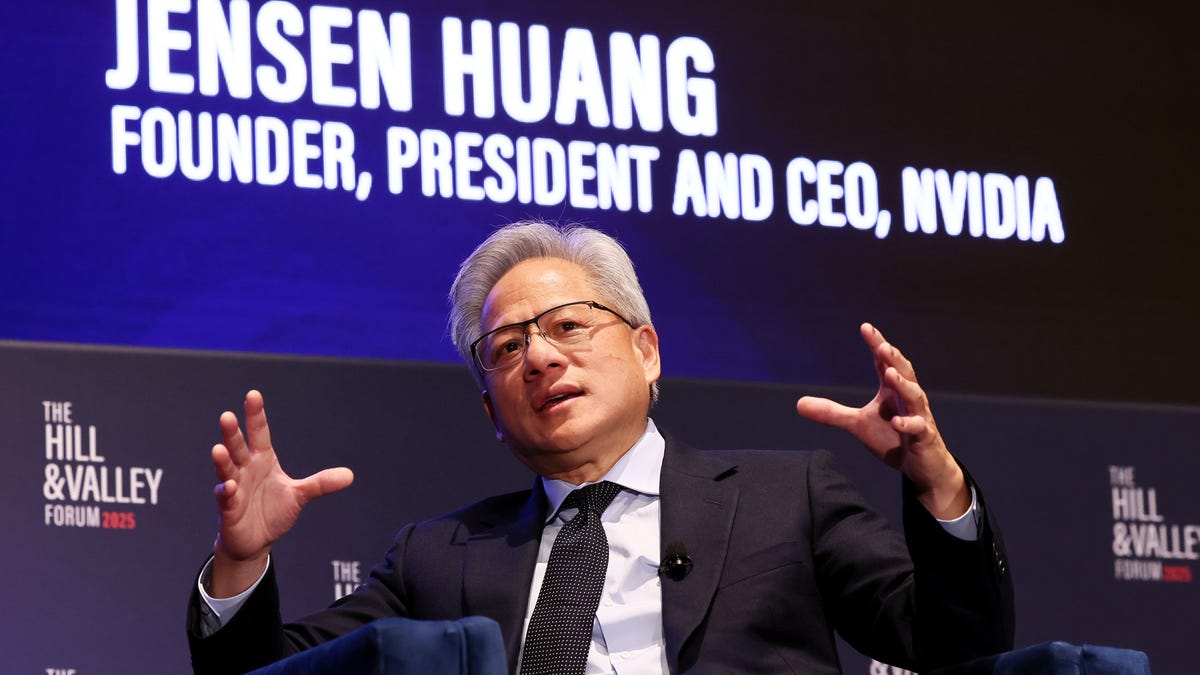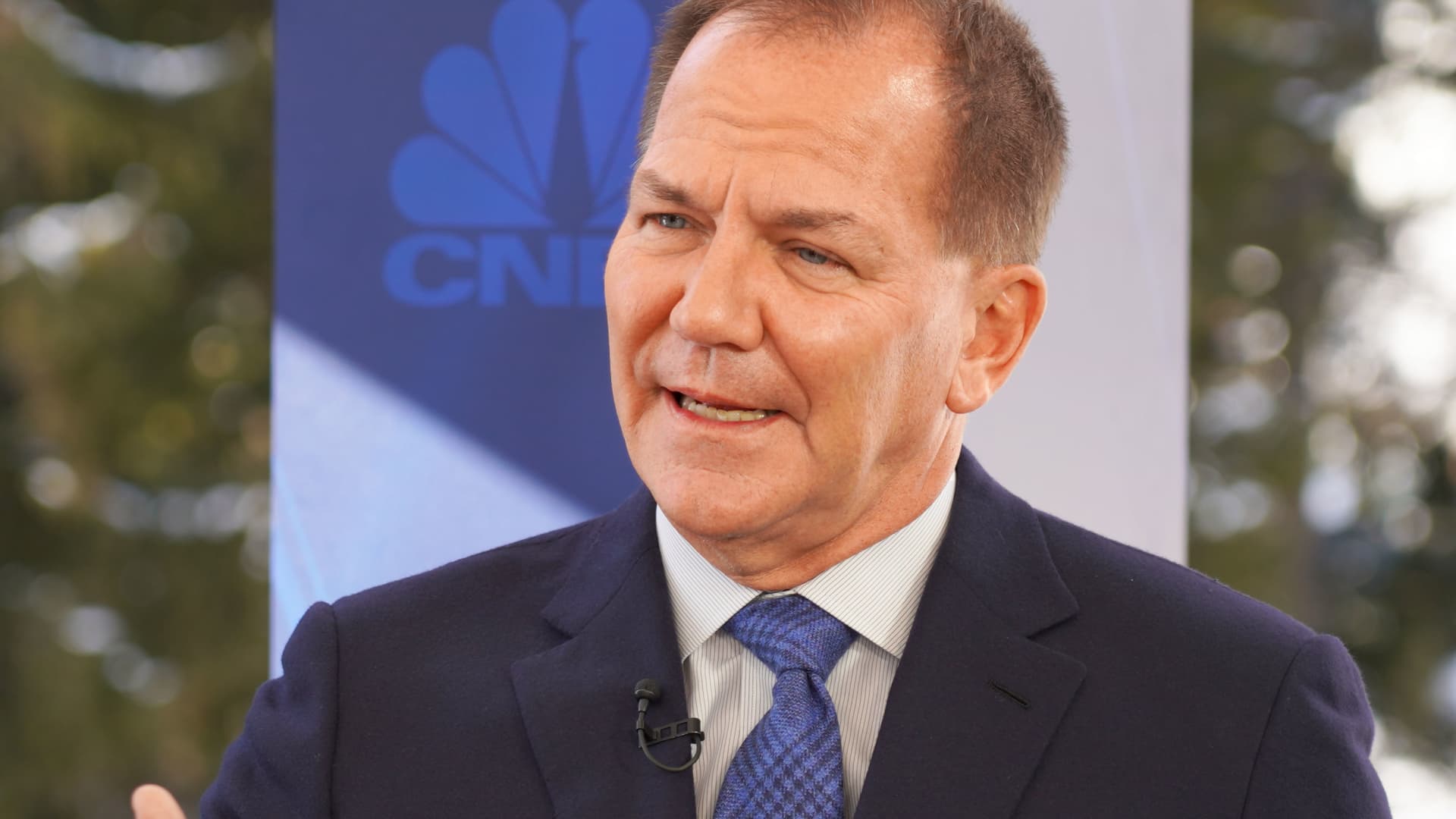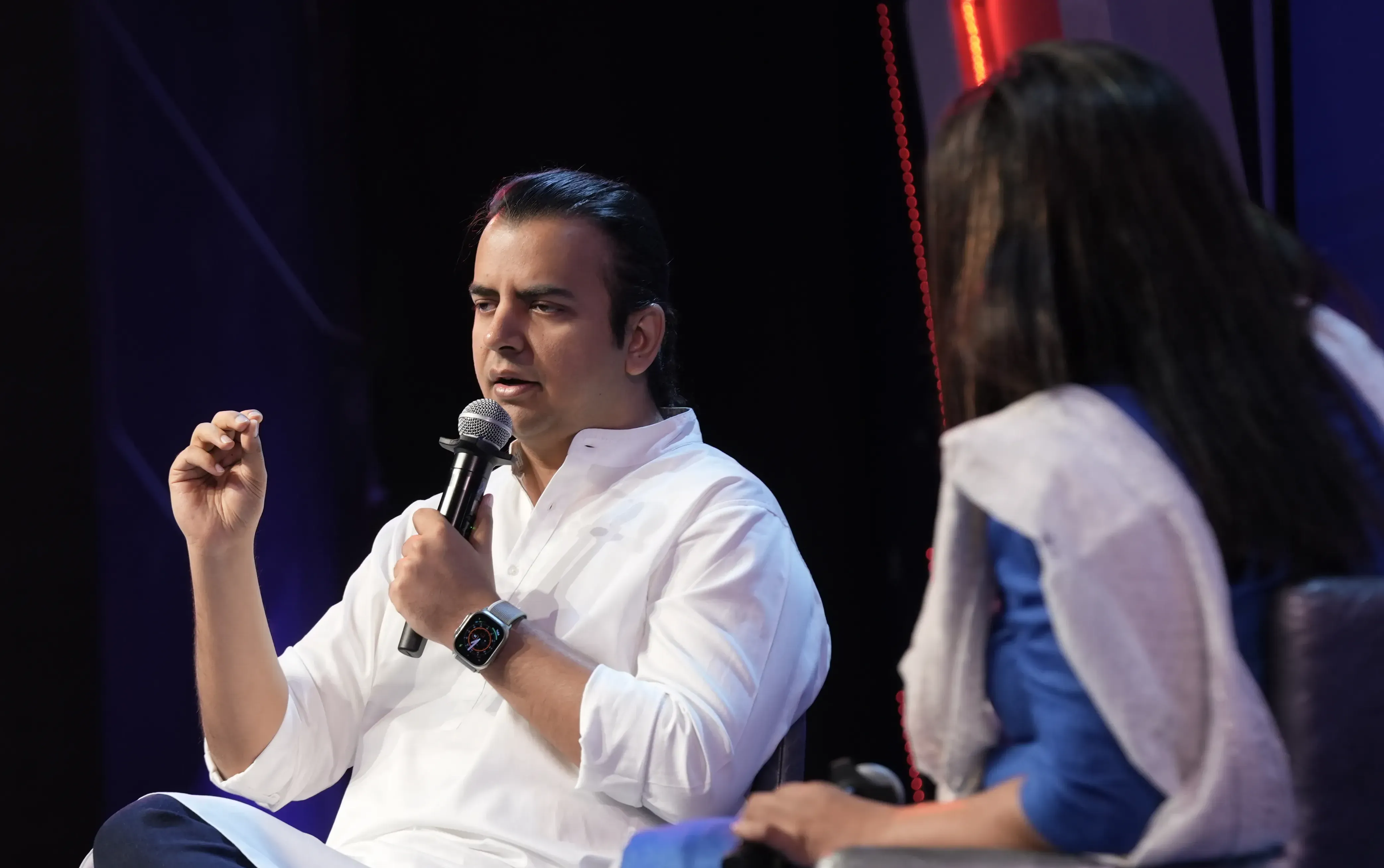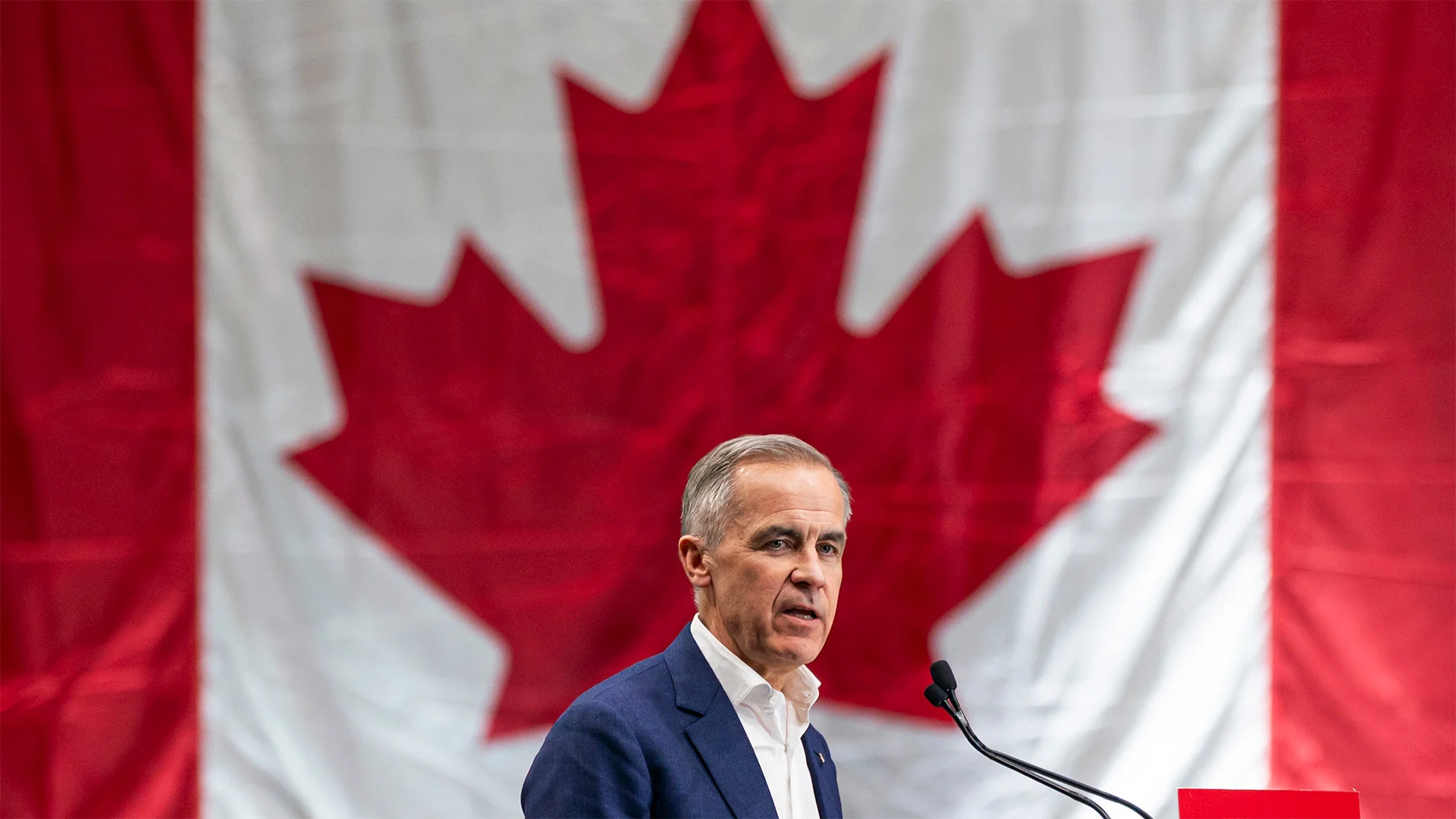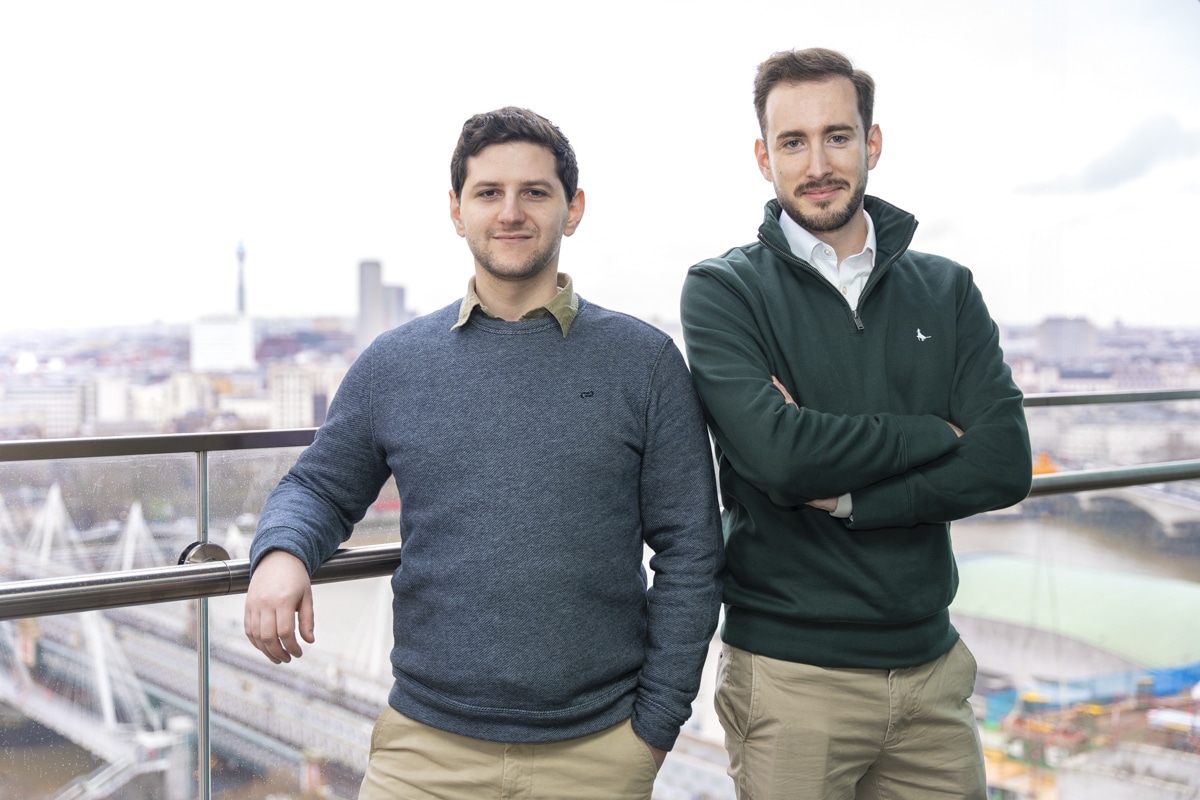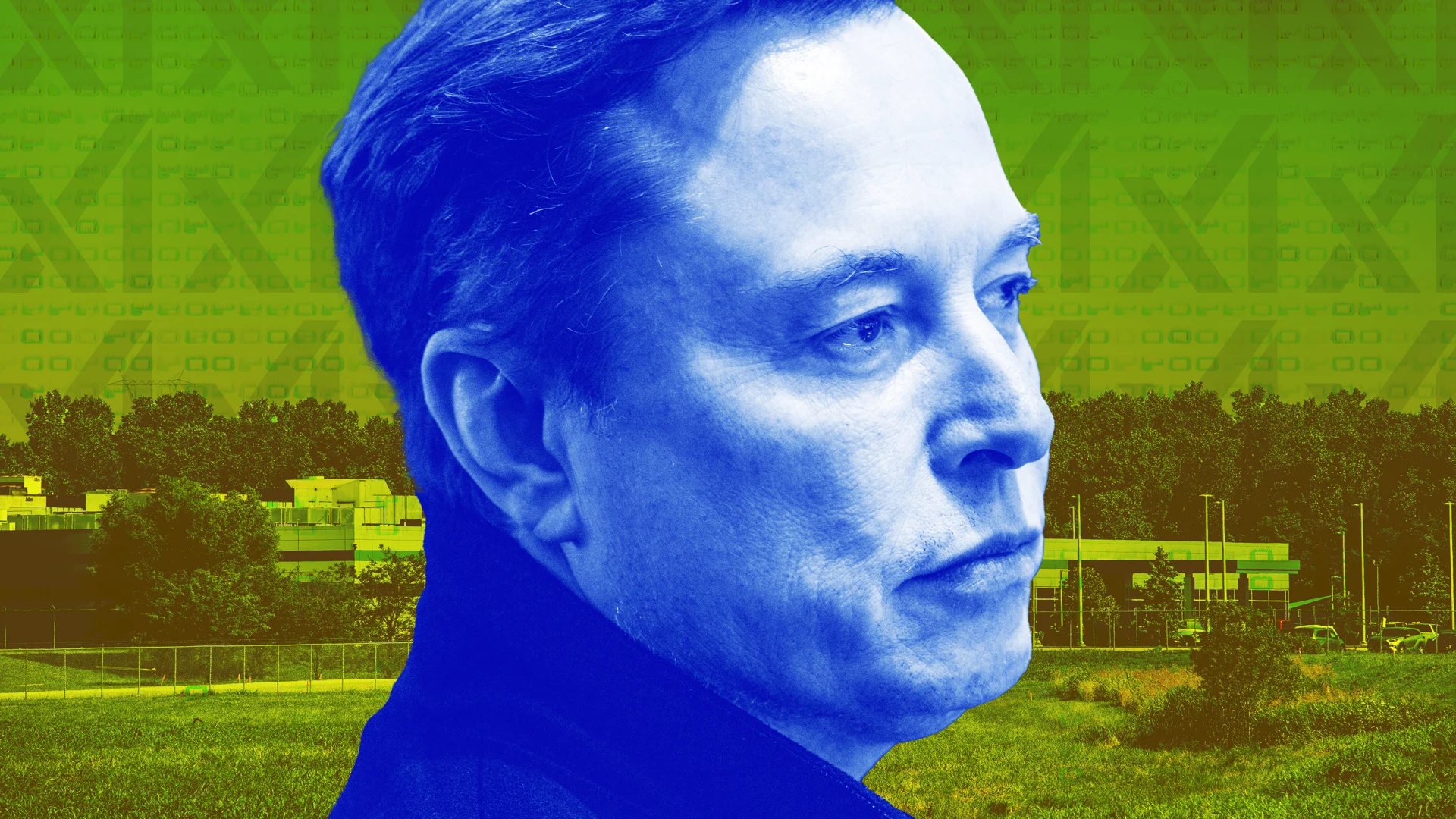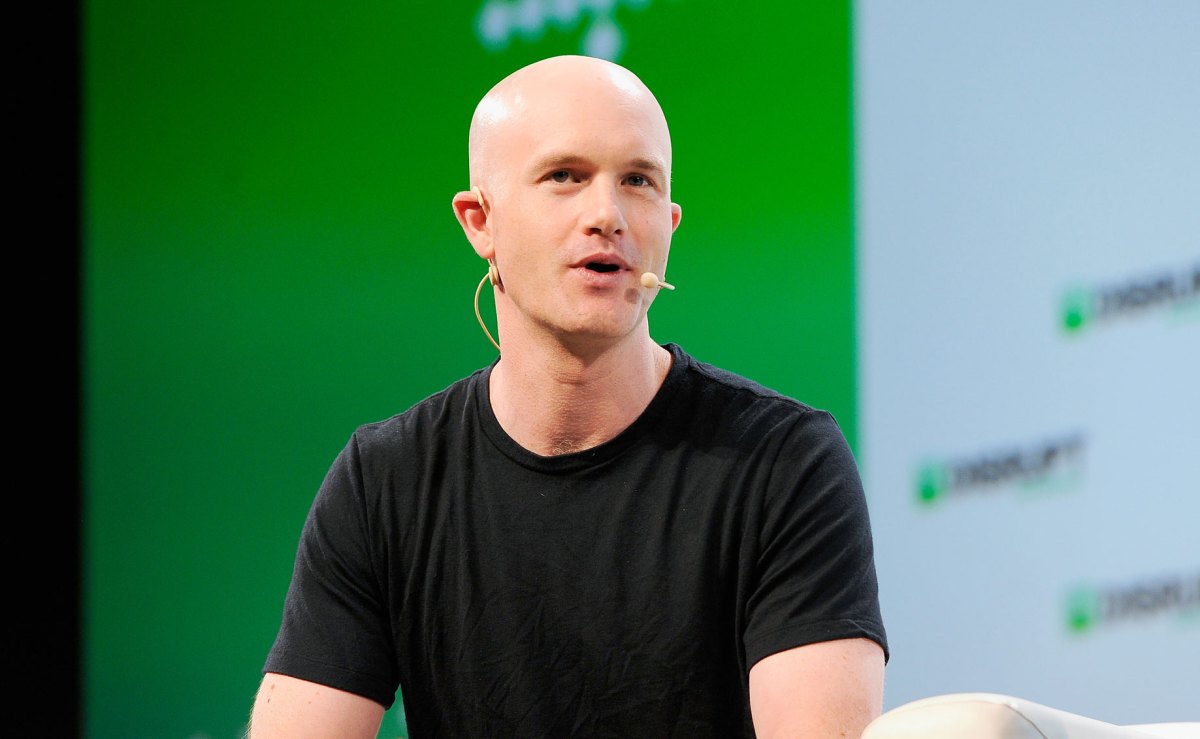‘Complete nonsense’ to choose between AI innovation and regulation, says U.K. lawmaker behind landmark AI safety bill
Lord Chris Holmes of Richmond says AI regulation shouldn't be seen as a trade-off as the the U.K. crafts safety legislation.

Warnings that Europe’s attempts to regulate AI will lead the continent to fall behind the rest of the world should be taken with a heavy pinch of salt, according to the lawmaker behind a landmark AI safety bill going through the U.K. Parliament.
Speaking at Fortune’s Brainstorm AI conference in London, Lord Chris Holmes of Richmond, MBE, said the idea that policymakers had to choose between regulation and innovation when considering their approach to AI rollout was “complete nonsense.”
“There's a false dichotomy, which has dogged us for decades in pretty much all democracies. This sense that you need to have regulation or innovation,” Lord Holmes told an audience in the U.K.’s capital. “If you have right-size regulation, it's good for innovator, good for investor, good for citizen, good for consumer.”
Lord Holmes introduced a private members’ bill in the House of Lords in 2023 that proposed regulations around the introduction of AI. A second version of that bill is now passing through the House of Lords after the first version expired prior to last year’s U.K. General Election.
The bill’s latest reading comes at a time of intense scrutiny on regulators as different jurisdictions take variant approaches to regulating AI, from the U.S.’s laissez-faire approach at a federal level, to the E.U.’s stricter, more hesitant approach.
The U.K. and the rest of Europe have faced criticism from the U.S., most notably from Vice President JD Vance, who has also clashed heads with European policymakers over their regulation of Big Tech. "The AI future will not be won by hand-wringing about safety. It will be won by building," Vance said in February. That sentiment is not shared by Lord Holmes, who will nevertheless be cognizant of criticisms experienced by the E.U.
Lord Tim Clement-Jones, who introduced a separate AI bill in February, the Public Authority Algorithmic and Automated Decision-Making Systems Bill, suggested shifting the rhetoric from geographical barriers to forming a collection of international standards.
“I think what we've got to do is move further and faster towards international standards, because then it won't matter quite so much how you regulate by jurisdiction,” said Clement-Jones.
Clement-Jones cited the 42,001 global standards framework introduced by the International Organisation for Standardisation, which he said was already being adopted by several companies.
Panellist Navrina Singh, founder and CEO of Credo AI, an AI governance platform, was skeptical that a global framework like 42,001 would be sufficient.
“If you're just trying to check the box, you're already a loser in the AI race,” said Singh.
“The intention is great. It unfortunately is not able to, within the use-case context, really figure out what's happening in your AI ops pipeline.”
Other highlights
“If a company is global, that's where the agility comes in. And I think for us, when we innovate, we put regulators, innovators, engineers, clinicians, all in the same room. We talk about it from the beginning, so we don't end up building in silos without considering all of the nuances that come in.”—Betsabeh Madani-Hermann, global head of research, Philips.
“You can't have a peanut butter approach. I'm a big believer in context. So my recommendation would be to focus on use case-specific partners and recommendations. And I think the second thing is, there is a massive need for standardization and interoperability, which I have not seen happen at scale. So I would encourage thinking about, how do you bring this very fragmented ecosystem together?”—Navrina Singh, founder and CEO of Credo AI, on lessons the U.K. could learn from the EU’s regulatory rollout.
“I do think that is a really important way of de-risking AI development, because at least you are getting, if you like, an understanding of the framework from your own regulator.”—Lord Tim Clement-Jones, CBE, on “sandboxing” regulation between sectors.
This story was originally featured on Fortune.com
























